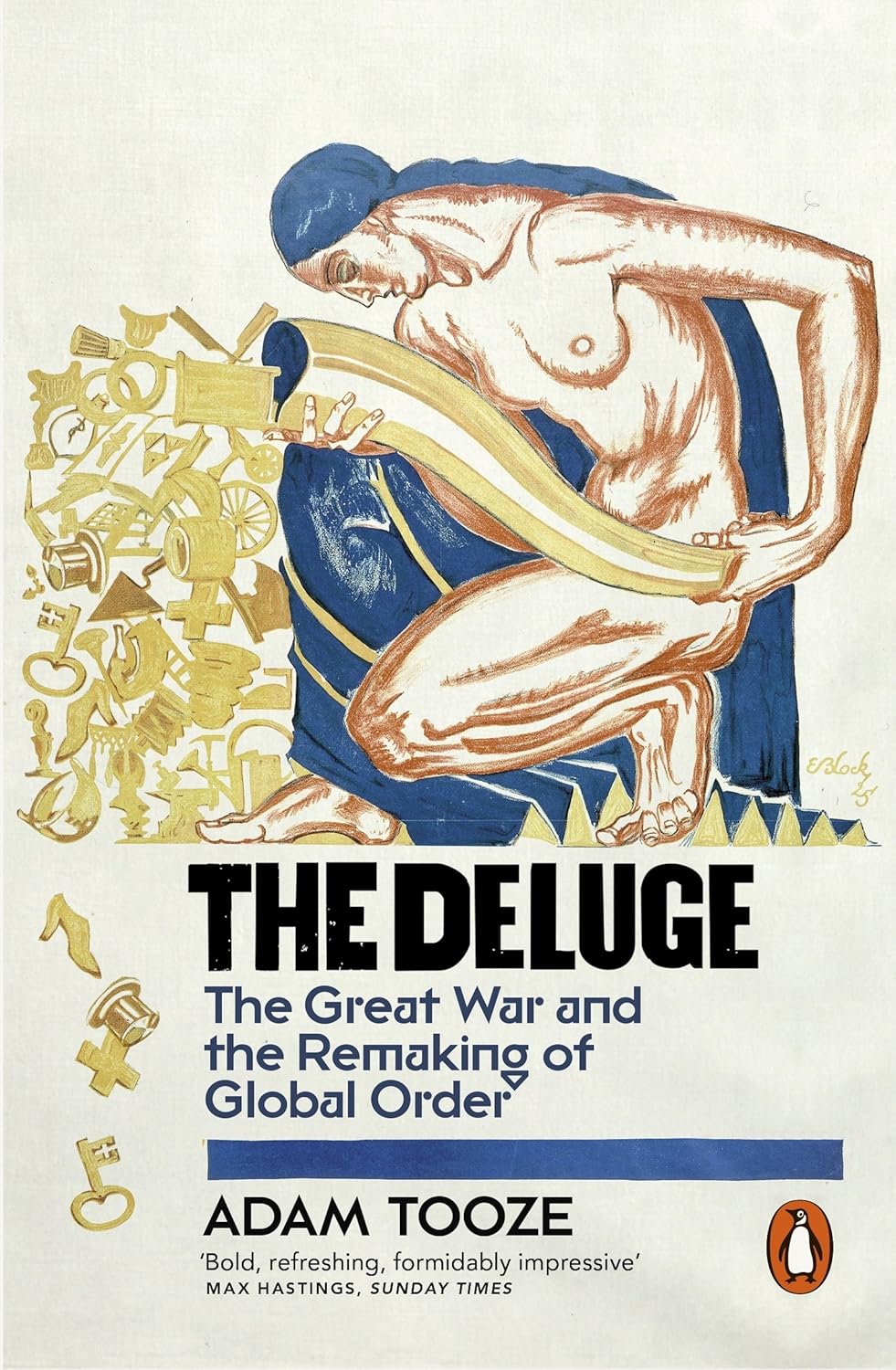On 24 September 2021 it will be exactly 40 years since the Australian release of the film Chariots of Fire. As a young track and field athlete at the time I was very taken by the film, and various subsequent coincidences and connections involving my father and me (both Scottish descended Christians who had run the 400 – well, in his case the 440 yards) have made it resonate with me even more over the years. And while we are enduring indefinite house arrest at the hands of our own governments, part of the back story is as inspiring to me as the main events.
As alluded to in the film, Eric Liddell was a missionary in China, and in the early 1940’s was interned by the invading Japanese, eventually dying in a prison camp in 1945.
Duncan Hamilton’s excellent biography of Liddell, For the Glory, describes the low-key heroism of Liddell’s leadership in the camp, remembered with gratitude ever after by the survivors. The biography states that a letter Liddell wrote to his wife on the day he died referred in passing to “a forthcoming camp wedding”. I believe that the wedding was that of the Reverend Edwin Davies and Nelma Davies, who survived the war and ended their lives in the unremarkable but tranquil surrounds of Geelong, where they were among my parents’ friends. My mother tried to persuade Nelma to write the story of the wedding as a narrative for publication, but I believe Nelma never did. What follows is therefore based largely on what my mother told me, supplemented by the few brief remarks Edwin and Nelma ever made to me on the subject.
Edwin and Nelma had each been very young missionaries in China when they were interned. They each found themselves at Weihsien prison camp, where they met Eric Liddell. As they got to know each other a romance blossomed. They announced their engagement – and their delighted fellow internees set about planning the wedding. (Eric Liddell was to have been best man, but sadly died a couple of weeks before the wedding took place.)
A large shed was chosen as the venue. It was cleared out, scrubbed spotless and decorated, and furniture from around the camp was selected. Food was painstakingly saved, and secret transactions with the local Chinese supplemented the supplies. It even proved possible to make a wedding cake.
Many of the internees had been arrested abruptly and given only a very short time to pack. Some had hurriedly made decisions which had seemed quite irrational. One woman couldn’t bear to be parted from her wedding dress – so Nelma had a suitable outfit for the day. So did Edwin – one of the men had similarly felt unable to abandon a very fashionable and expensive suit which was the highlight of his wardrobe. A journalist had impulsively packed his typewriter, so the invitations, orders of service, menus etc. on miscellaneously collated paper and cardboard could be presented in immaculate font.
All other arrangements were likewise made with diligent enthusiasm by the excited internees. The great day arrived, and that evening everything went off splendidly.
A day or so later Nelma was walking around the camp when she spotted a woman who had been exceptionally energetic and selfless in making the wedding a great occasion. Nelma approached the woman and began to thank her for what she’d done, but the woman wouldn’t listen “We should be thanking you,” she told Nelma. “For a whole night I forgot that I was a prisoner.”

Thank you Tim.
I’m very fond of this kind of story.
Can you imagine that memorable film being made today?
An interesting and nicely written anecdote, Tim.
Thanks for an interesting read, Tim.
You have encouraged me to pluck from my bookshelf a battered copy of Neil Oliver’s Not Forgotten, a companion book to the British television series of the same title, the latter of which I have not seen. In the foreword to the book – which is sobering – about the many thousands of Brits who perished in the Great War, Ian Hislop wrote that its purpose was “To turn the names in stone back, however briefly and incompletely, into remembered lives.”
This is one of the many traits that differentiate humans from other species: our ability and desire to acknowledge those who preceded us. You have done that with Edwin and Nelma Davies.
Thank you, Tim. The story tells us many things we need to know right now. Firstly, whatever our troubles, we are never alone. And we all have an indomitable spirit, we just need to tap into it.
The best, though, is the provision of the Almighty. As Christians know, weddings are His speciality. And although Liddell did not witness his friends’ wedding, he will be there at the Big One, along with the rest of the faithful.
Thanks, Tim; great story; great writing.
There’s something wrong…I can only give one thumbs up to calli’s post.
Tim, for a long time around the interwebs traps, I’ve seen your commentary.
You rock, old fella
love what you said
especially love how it brings into focus what you didn’t say.
Really nice work
Wow. I never knew that about Eric. Hardly surprising given his resolve to his faith over running.
If you’d transitioned, Tim, you coulda been the wymmins gold medallist. Just saying.
Wonderful story, thank you for sharing it. I’m not comparing the two things, but as a Melbournian I do find myself lately recalling various prison camp memoirs I’ve read over the years. Wish I still had my copy of Van der Post’s Night of the new moon. And that passage at the end of Ivan Denisovich where he reflects that, all in all, he hasn’t had such a bad day.
Thanks, Tim.. I always get emotional at weddings, and I’ll bet a lot of attendees at this one did too.
Happy tears always lift the spirits.